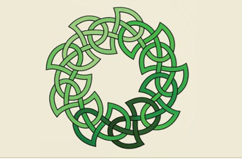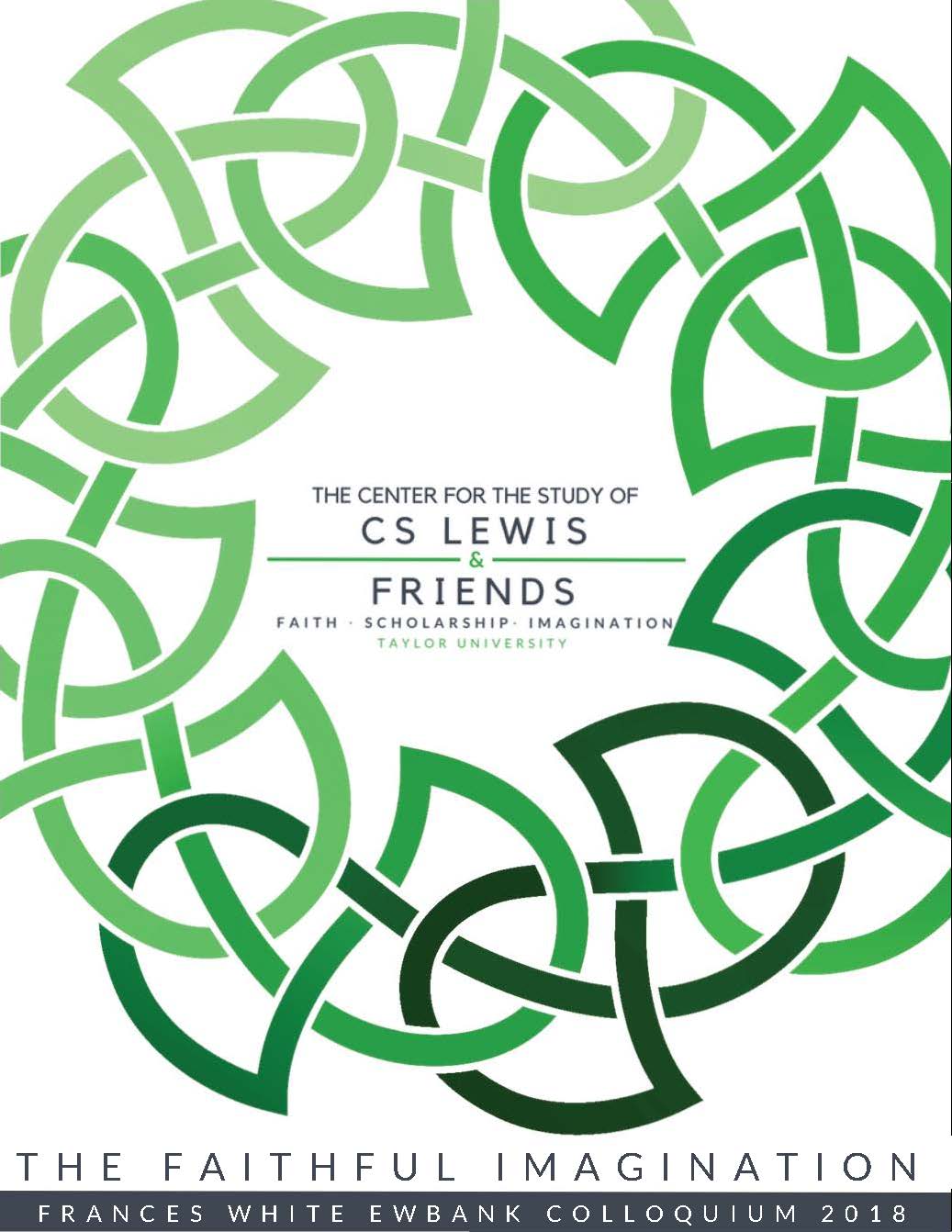Event Title
Concurrent Paper Session 1B: C.S. Lewis: Family, Friends, and Unlikely Allies
Location
Euler 118
Start Date
31-5-2018 2:45 PM
Description
"Davidman's Weeping Bay: An Anti-Catholic Diatribe?" - Marie Hammond
The only work of fiction written by Joy Davidman after she became a Christian, Weeping Bay, depicts factory workers and fishermen living in extreme poverty in the Gaspé Peninsula of Quebec. Davidman paints a gloomy, dreary, and seemingly hopeless picture of the lives of poor working men and their families. Four of the main characters in the story are Roman Catholic clergymen or monastics, and nearly all the other characters practice Catholicism as well. Davidman believed, apparently with good evidence, that distribution of the novel was suppressed by a sales manager who thought it anti-Catholic. Was this in fact the case? How did reviewers react to the novel? Did Joy Davidman express prejudice against Roman Catholics in her other writings?
"W.H. Lewis, Historian: A Prolegomena" - Paul Michelson
The paper surveys the life and work of Warren Hamilton "Warnie" Lewis (1895-1973), the brother of C. S. Lewis. Following a biographical sketch, the paper will look at W. H. Lewis's writings under four headings: (1) as biographer of the Lewis Family, the compiler and editor of eleven volumes of the Lewis family papers between 1933-1935 and author of a 1966 "Memoir of C. S. Lewis," (2) as a writer of articles in the 1930s for a boating enthusiast magazine, (3) as a sometime chronicler of the doings of the Inklings in his diary, and (4) as historian of Le Grande Siècle and Louis XIV.
"The Rt Hon David Bleakley MP, CBE: Christian Socialist and Irish Friend of C.S. Lewis" - Richard James
In the fall of 1946, David Bleakley, a shipyard electrician from East Belfast became the first Northern Ireland student to enter Ruskin College in Oxford. In his two years of study there he not only received a diploma with distinction in Economics and Political Science, helping to prepare him for his important future roles as an educator, political leader, and lay church leader in Northern Ireland, but he also met another East Belfast native named C. S. Lewis, an Oxford scholar who became to him a friend, a spiritual mentor and a fellow traveler to and from their homeland before and after vacations. This presentation on the relationship between Bleakley and Lewis examines Lewis's influence on Bleakley, but also focuses on the important pioneer work Bleakley has done in recent years promoting Lewis Celebrations and Studies, especially they relate to his Irish roots.
Event Type
Paper
Concurrent Paper Session 1B: C.S. Lewis: Family, Friends, and Unlikely Allies
Euler 118
"Davidman's Weeping Bay: An Anti-Catholic Diatribe?" - Marie Hammond
The only work of fiction written by Joy Davidman after she became a Christian, Weeping Bay, depicts factory workers and fishermen living in extreme poverty in the Gaspé Peninsula of Quebec. Davidman paints a gloomy, dreary, and seemingly hopeless picture of the lives of poor working men and their families. Four of the main characters in the story are Roman Catholic clergymen or monastics, and nearly all the other characters practice Catholicism as well. Davidman believed, apparently with good evidence, that distribution of the novel was suppressed by a sales manager who thought it anti-Catholic. Was this in fact the case? How did reviewers react to the novel? Did Joy Davidman express prejudice against Roman Catholics in her other writings?
"W.H. Lewis, Historian: A Prolegomena" - Paul Michelson
The paper surveys the life and work of Warren Hamilton "Warnie" Lewis (1895-1973), the brother of C. S. Lewis. Following a biographical sketch, the paper will look at W. H. Lewis's writings under four headings: (1) as biographer of the Lewis Family, the compiler and editor of eleven volumes of the Lewis family papers between 1933-1935 and author of a 1966 "Memoir of C. S. Lewis," (2) as a writer of articles in the 1930s for a boating enthusiast magazine, (3) as a sometime chronicler of the doings of the Inklings in his diary, and (4) as historian of Le Grande Siècle and Louis XIV.
"The Rt Hon David Bleakley MP, CBE: Christian Socialist and Irish Friend of C.S. Lewis" - Richard James
In the fall of 1946, David Bleakley, a shipyard electrician from East Belfast became the first Northern Ireland student to enter Ruskin College in Oxford. In his two years of study there he not only received a diploma with distinction in Economics and Political Science, helping to prepare him for his important future roles as an educator, political leader, and lay church leader in Northern Ireland, but he also met another East Belfast native named C. S. Lewis, an Oxford scholar who became to him a friend, a spiritual mentor and a fellow traveler to and from their homeland before and after vacations. This presentation on the relationship between Bleakley and Lewis examines Lewis's influence on Bleakley, but also focuses on the important pioneer work Bleakley has done in recent years promoting Lewis Celebrations and Studies, especially they relate to his Irish roots.


